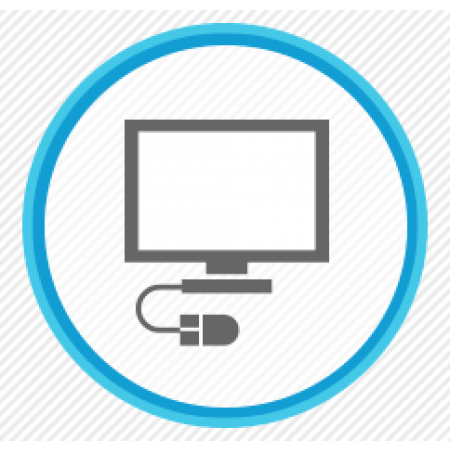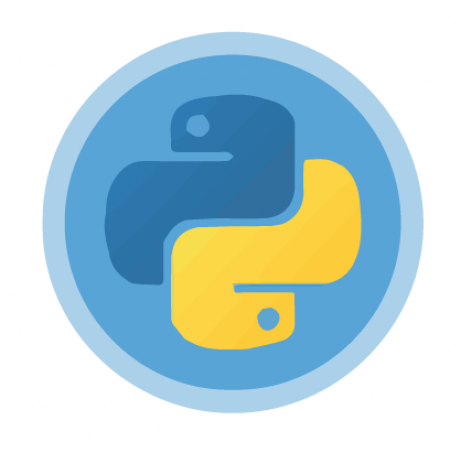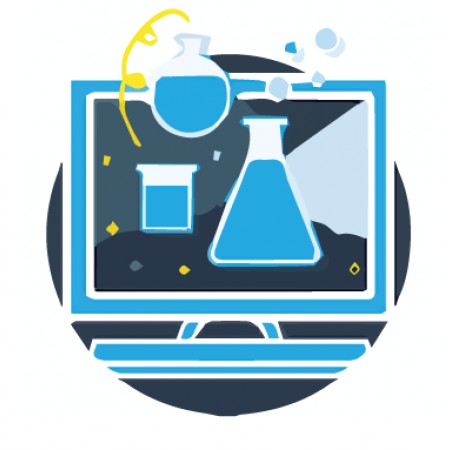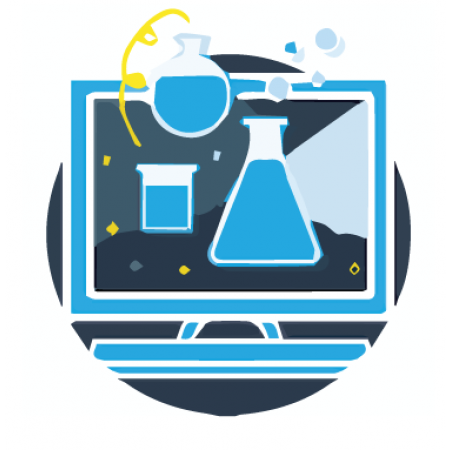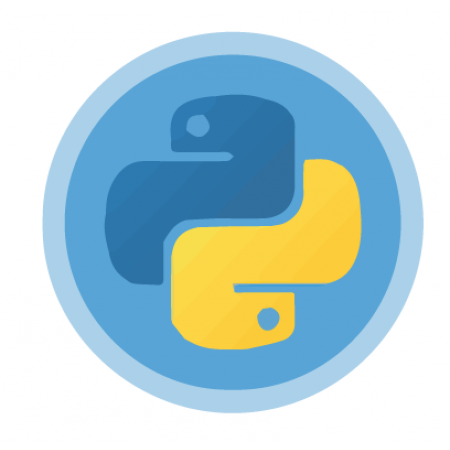x
Search results for 'physical science'
Show Filter
World of Computing (TCH007DE3)
World of Computing is a CodeHS introductory computer science course introducing the basics of programming with Karel the Dog, and the history and impact of computing. Students will learn to code using blocks to drag and drop, but they can switch between blocks and text as desired. With a unique focus on creativity, problem solving, and project based learning, World of Computing gives students the opportunity to explore several important topics of computing using their own ideas and creativity to develop and interest in computer science that will foster further endeavors in the field. Each lesson includes at least one formative short multiple-choice quiz. At the end of each unit, students take a summative multiple choice unit quiz that assesses their knowledge of the concepts covered in the unit.$450.00
Summit Physical Education, Semester 2 (OTH020B)
This pass/fail course combines online instructional guidance with student participation in weekly cardiovascular, aerobic, muscle- toning, and other activities. Students fulfill course requirements by keeping weekly logs of their physical activity. The course promotes the value of lifetime physical activity and includes instruction in injury prevention, nutrition, and yet, and stress management$450.00
Python Programming 2 (TCH343)
TCH343 Python Programming 2 is a CodeHS course that teaches the fundamentals of computer programming as well as some advanced features of the Python language. Students will develop an appreciation for how computers store and manipulate information by building simple console-based games. It is the second course in a two course sequence and should be completed after TCH342 Introduction to Python Programming 1. Once students complete the Introduction to Python course, they will have learned material equivalent to a semester college introductory course in Computer Science and be able to program in Python. Lessons consist of video tutorials, short quizzes, example programs to explore, and written programming exercises, adding up to over 100 hours of hands-on programming practice in total. Several units have free response questions that have students consider the applications of programming and incorporate examples from their own lives.$450.00
Introduction to Java Programming 2 (TCH324)
Introduction to Java Programming 2 is a CodeHS course that teaches students the basics of object-oriented programming with a focus on problem solving and algorithm development. Students learn basic Java, methods, data structures, classes, and object-oriented programming in this course. Lessons consist of video tutorials, short quizzes, example programs to explore, and written programming exercises, adding up to over 100 hours of hands-on programming practice in total. Several units have free response questions that have students consider the applications of programming and incorporate examples from their own lives. At the end of each unit, students take a summative multiple choice unit quiz that assesses their knowledge of the Java concepts covered in the unit. Included in each lesson is a formative short multiple choice quiz. It is the second course in a two course sequence and should be completed after TCH323 Introduction to Java 1.
$450.00
Introduction to Java Programming 1 (TCH323)
Introduction to Java Programming 1 is a CodeHS course that teaches students the basics of object-oriented programming with a focus on problem solving and algorithm development. Students learn basic Java, methods, data structures, classes, and object-oriented programming in this course. Lessons consist of video tutorials, short quizzes, example programs to explore, and written programming exercises, adding up to over 100 hours of hands-on programming practice in total. Several units have free response questions that have students consider the applications of programming and incorporate examples from their own lives. At the end of each unit, students take a summative multiple choice unit quiz that assesses their knowledge of the Java concepts covered in the unit. Included in each lesson is a formative short multiple choice quiz.
$450.00
Computer Literacy (TCH105)
In this introductory course, students become familiar with the basic principles of a personal computer, including the internal hardware, operating system, and software applications. Students gain practice in using key applications such as word processing, spreadsheet, and presentation software, as well as understand social and ethical issues around the Internet, information, and security.$450.00
Embark Science (Independent Study)
Embark Science is an age-appropriate collection of hands-on and online learning experiences to help young children develop science skills.From: $24.00
Python Programming 1 (TCH342)
Python Programming curriculum teaches the foundations of computer science and basic programming, with an emphasis on helping students develop logical thinking and problem solving skills. The course is highly visual, dynamic, and interactive, making it engaging for new coders. The content is fully web-based, with students writing and running code in the browser. Lessons consist of video tutorials, short quizzes, example programs to explore, and written programming exercises, adding up to over 100 hours of hands-on programming practice in total.
$450.00
Summit Science K (Independent Study)
Kindergarten students begin to develop observation skills as they learn about the five senses, the earth’s composition, and the basic needs of plants and animals.From: $24.00
Summit Science 5 (Independent Study)
Students perform experiments, develop scientific reasoning, and recognize science in the world around them. They build a model of a watershed, test how cell membranes function, track a hurricane, and analyze the effects gravity.From: $24.00
Summit Science 4 (Independent Study)
Students develop scientific reasoning and perform hands on experiments in Earth, Life, and Physical Sciences. They construct an electromagnet, identify minerals according to their properties, use chromatography to separate liquids, and assemble food webs.From: $24.00
Summit Science 3 (Independent Study)
Students learn to observe and analyze through hands-on experiments, and gain further insight into how scientists understand our world. They observe and chart the phases of the moon, determine the properties of insulators and conductors, and make a three-dimensional model of a bone.From: $24.00
NEED MORE INFO
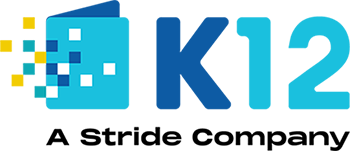
THANK YOU!
We have received your inquiry and you will start to receive additional information about our school offerings and programs. An enrollment consultant will contact you shortly.

